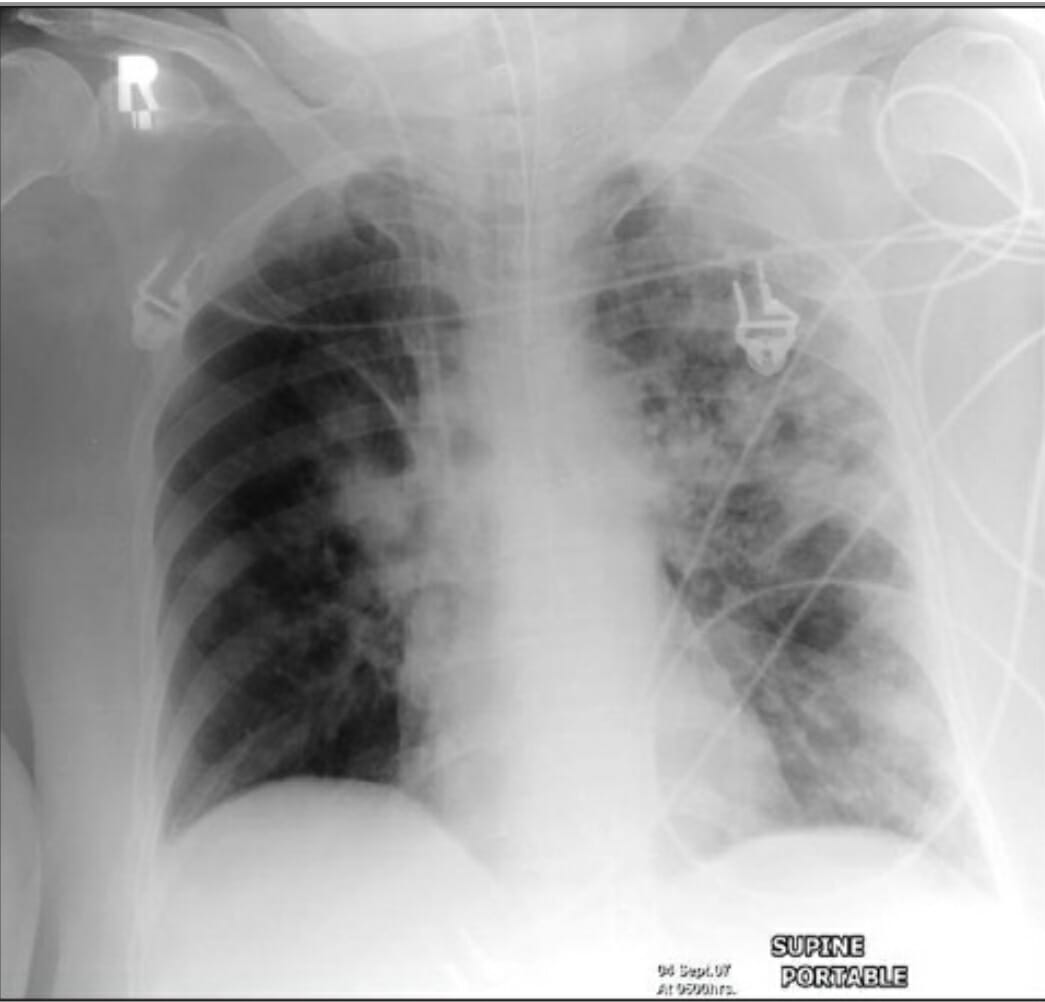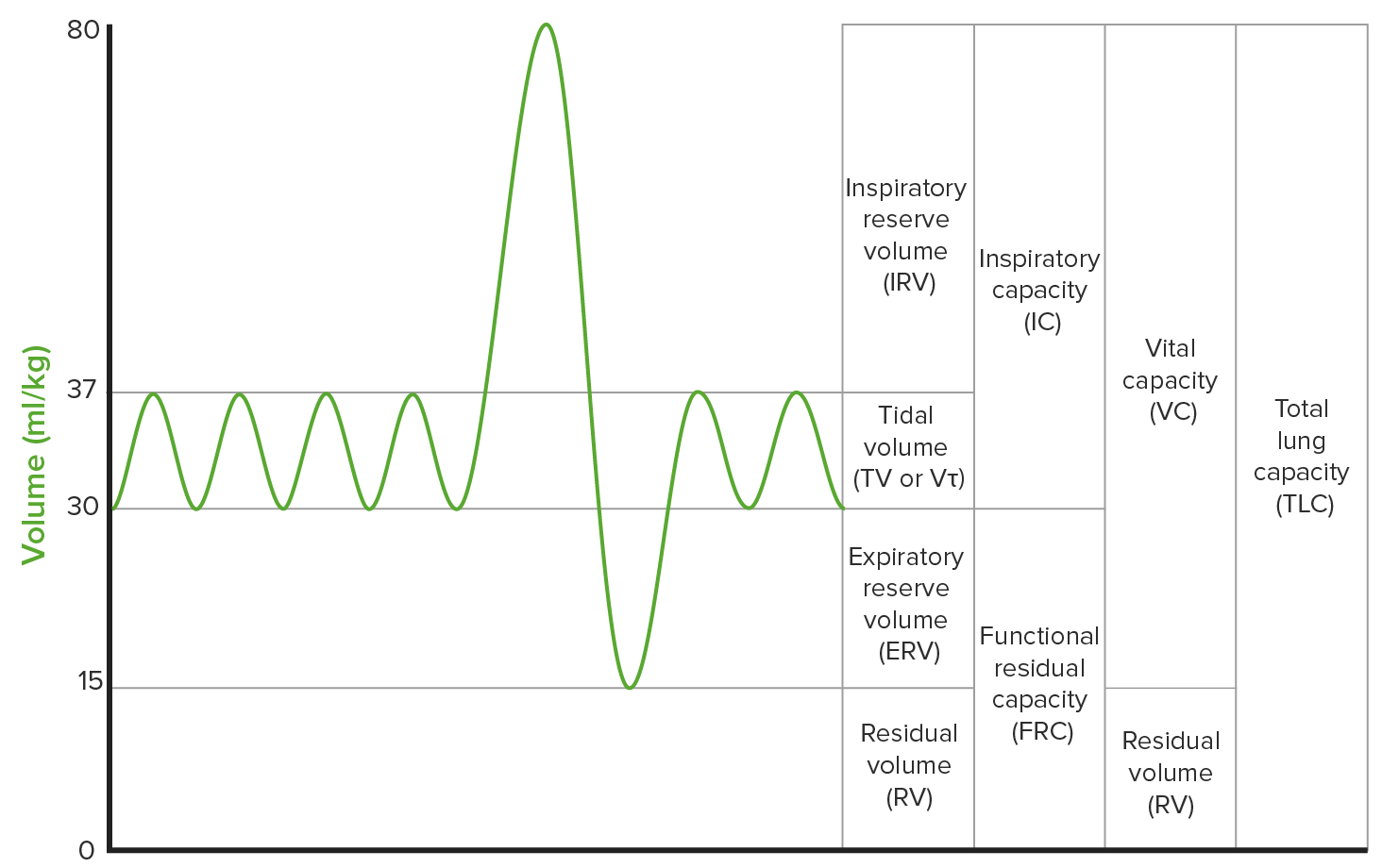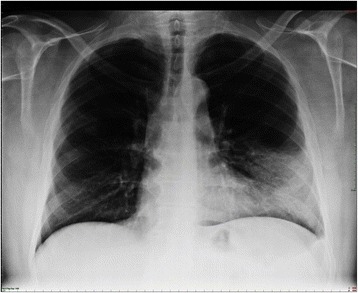Playlist
Show Playlist
Hide Playlist
Pneumonia: Signs and Symptoms
-
Slides 01 URTIBronchitisPneumonia RespiratoryAdvanced.pdf
-
Download Lecture Overview
00:01 What are the symptoms of pneumonia? Well actually they're very straightforward. 00:04 You have the systemic symptoms that you get with infection, fever, feeling unwell. 00:10 Occasionally you get the shakes, the rigors and you're not eating and you feel terrible and you want to go to bed. 00:16 Then there are the focal symptoms you get because it's a lung infection and that will be cough, producing a purulent sputum sometimes, sometimes you get blood in that as well and the mixture of purulent sputum with blood becomes what we call rusty sputum or sort of brownie colored sputum. 00:33 You may get pleuritic chest pain if the pneumonia is causing overlying pleuritic inflammation as called pleurisy. 00:39 And because the pneumonia consolidation is affecting the ability of gas exchange in your lung, then you might be breathless as well. 00:48 When you look at the patient to examine them, again you have the general examination findings as somebody with an acute infection, pyrexia. 00:56 They don't look very well. They may have a -- well they should have a tachycardia. 01:00 And they have increased respiratory rate because of the problem with the consolidation. 01:05 There are few other issues. If they have significant hypoxia that will have central cyanosis. 01:10 And pneumonia is a common cause of acute septic shock so they might have hypotension as well. 01:18 And occasionally patient have atrial fibrillation because acute lung infections are one cause of temporary atrial fibrillation. So that's a general examination. 01:27 When you listen to the lung, we've already mentioned the science which essentially is focal asymmetrical crackles, crepitations over the areas of consolidation. 01:36 And if it's really dense consolidation it will be dull percussion and there will be bronchial breathing as well. 01:41 And about a third of patients with pneumonia will have a smaller fusion and some of those will have a pleural rub. 01:47 So if somebody presents with pleuritic chest pain because of the pneumonia, the pleurisy is quite likely that there will be a pleural rub over the area where they feel the pain. 01:56 Now, if you're trying to work out whether somebody has a pneumonia or an acute tracheobronchitis, and this is a very important distinguishing situation because tracheobronchitis is already benign disease and will settle. 02:11 Whereas pneumonia does have the potential chance of becoming a very severe disease. 02:16 Then there are a few of these things which -- these signs which are important. 02:19 So for example, you will not get crackles if somebody has a tracheobronchitis. 02:24 And so the focal lung signs that you get in pneumonia are not present if somebody has a bronchitis. 02:30 The general examination, if you have an acute tracheal bronchitis, it doesn't cause impairment of respiratory function to a significant degree unless you have an underlying lung disease. 02:42 And so in a normal patient, there shouldn't be an increased respiratory rate. 02:45 They should not get cyanosis. 02:47 And it should never get severe enough to cause hypotension or a particularly high pulse rate.
About the Lecture
The lecture Pneumonia: Signs and Symptoms by Jeremy Brown, PhD, MRCP(UK), MBBS is from the course Infections of the Respiratory Tract.
Included Quiz Questions
Which of the following is NOT a common sign or symptom of pneumonia?
- Dry cough
- Purulent sputum
- Fever
- Dyspnea
- Pleuritic chest pain
Which exam finding does NOT suggest pneumonia?
- Hyperresonance on percussion over the lung fields
- Dull note on percussion over the lung fields
- Bronchial breathing
- Focal, asymmetrical crepitation
- Increased respiratory rate
Customer reviews
5,0 of 5 stars
| 5 Stars |
|
5 |
| 4 Stars |
|
0 |
| 3 Stars |
|
0 |
| 2 Stars |
|
0 |
| 1 Star |
|
0 |






